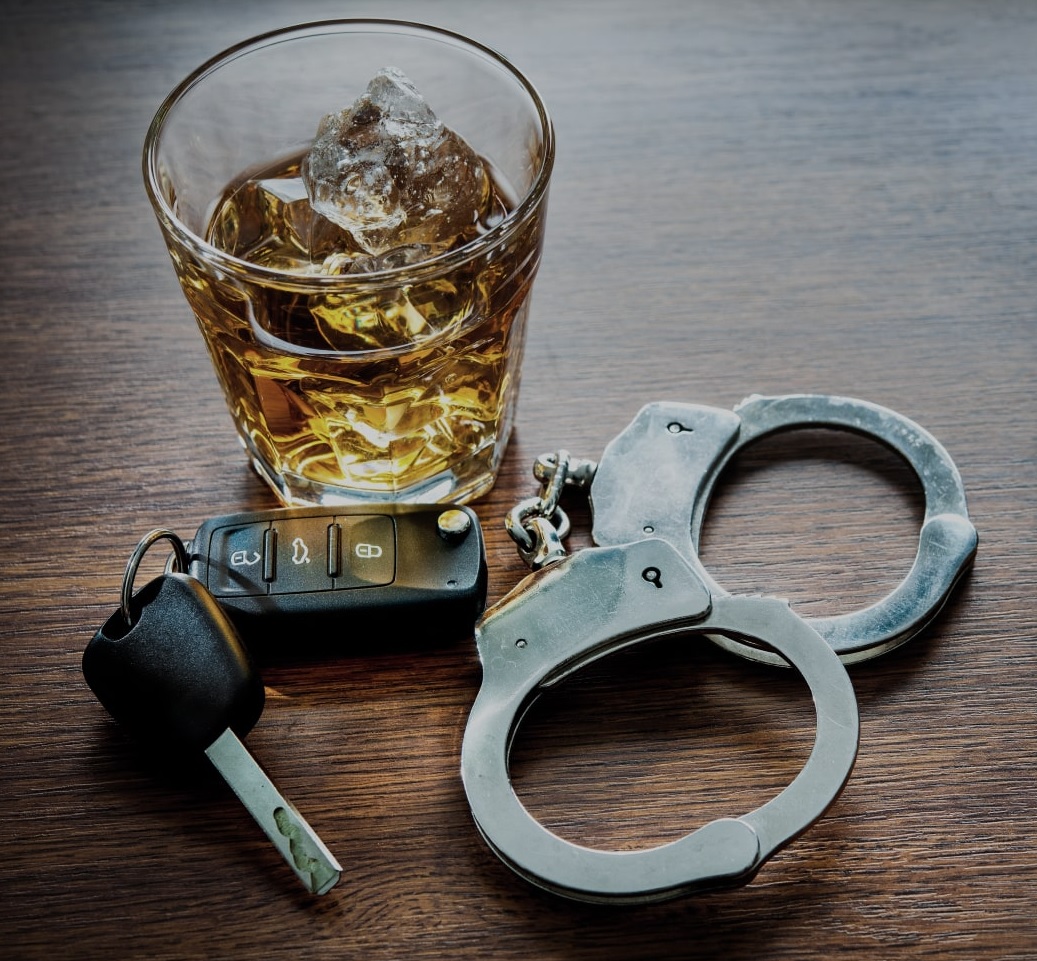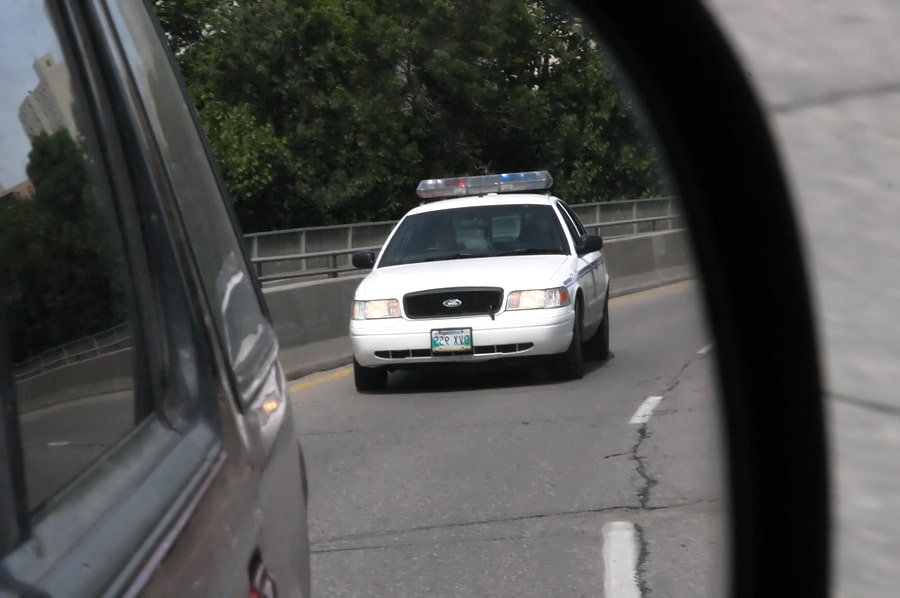DUI vs. DWI in New Jersey
DUI, which means “driving under the influence,” and DWI, or “driving while intoxicated” are both terms used to describe the act of operating a vehicle while under the influence of drugs or alcohol. Every state has slightly varying laws concerning these charges, with some using the terms interchangeably. Is there a difference between DUI vs. DWI in New Jersey?
The short answer is no. The terms are interchangeable and commonly referred to as “drunk driving.” If you have been pulled over and charged with driving while intoxicated or driving under the influence, consult an experienced New Jersey Criminal Defense Lawyer today.
DWI/DUI Definitions
 In New Jersey, it is illegal to drive with a blood-alcohol concentration (BAC) of .08% or more or with enough alcohol in your system that you cannot operate a motor vehicle with the same level of care as a sober person. Such cases fall within the DWI laws.
In New Jersey, it is illegal to drive with a blood-alcohol concentration (BAC) of .08% or more or with enough alcohol in your system that you cannot operate a motor vehicle with the same level of care as a sober person. Such cases fall within the DWI laws.
State laws also prohibit driving under the influence of a drug if the drug makes you incapable of operating a vehicle as well as a sober person. Many states identify these cases as DUIs and cover the use of schedule 1 drugs like heroin, over-the-counter drugs, and prescription medication.
DUI vs. DWI: Is There a Difference?
 While some states treat DUI and DWIs separately, both these charges are prosecuted under the same law and statute in New Jersey. The statute, N.J.S.A. 39:4-50, outlines the penalties for driving under the influence of alcohol or drugs and include:
While some states treat DUI and DWIs separately, both these charges are prosecuted under the same law and statute in New Jersey. The statute, N.J.S.A. 39:4-50, outlines the penalties for driving under the influence of alcohol or drugs and include:
- Motor Vehicle Commission and Insurance Surcharges
- Jail
- Driving license/driving privilege suspension
- Fines
- Community service
- Participation in an Intoxicated Driver Resource Center (IDRC)s
- Installation and maintenance of an ignition interlock device in the vehicle you own or principally operate
- Other fees
Simply put, there is no difference between a DUI and DWI in New Jersey, and the two terms can even be used interchangeably. Nonetheless, the statute that regulates these offenses uses the term “driving while intoxicated,” making DWI the legal term for alcohol and drug-related driving.
Proving a DWI Charge vs. Proving a DUI Charge
 There is no difference between alcohol and drug-related offenses in New Jersey in terms of prosecution.
There is no difference between alcohol and drug-related offenses in New Jersey in terms of prosecution.
There is one, however, in how the charges are proven. Common ways to prove a drunk driving charge include:
- A chemical test to measure your BAC levels
- Objective symptoms such as slurred speech and watery eyes, as witnessed by police officers.
- A standardized field sobriety test
Proving drug impairment, on the other hand, may involve an evaluation from a Drug Recognition Expert (DRE). This is a trained officer who is qualified to perform drug evaluations on suspected impaired drivers. Besides taking urine or blood tests, the DRE may examine you for symptoms such as:
- Poor balance
- Memory loss
- Dilated pupils
- Elevated or depressed vital signs
A DRE may testify in court at a trial to present evidence in a drug-related DWI charge. drug-related charge.
Talk to a New Jersey Criminal Defense Lawyer
 Although DUI Vs. DWI charges do not constitute a criminal offense, they can result in serious consequences such as driving license suspension, hefty fines, and jail time.
Although DUI Vs. DWI charges do not constitute a criminal offense, they can result in serious consequences such as driving license suspension, hefty fines, and jail time.
If you have been charged with a DWI, you will need the help of an experienced New Jersey Criminal Defense Lawyer. Attorney Matthew V. Portella has been handling such cases in New Jersey since 1995. Contact his office in Haddonfield today at (856) 310-9800 to speak with him or schedule a consultation.
